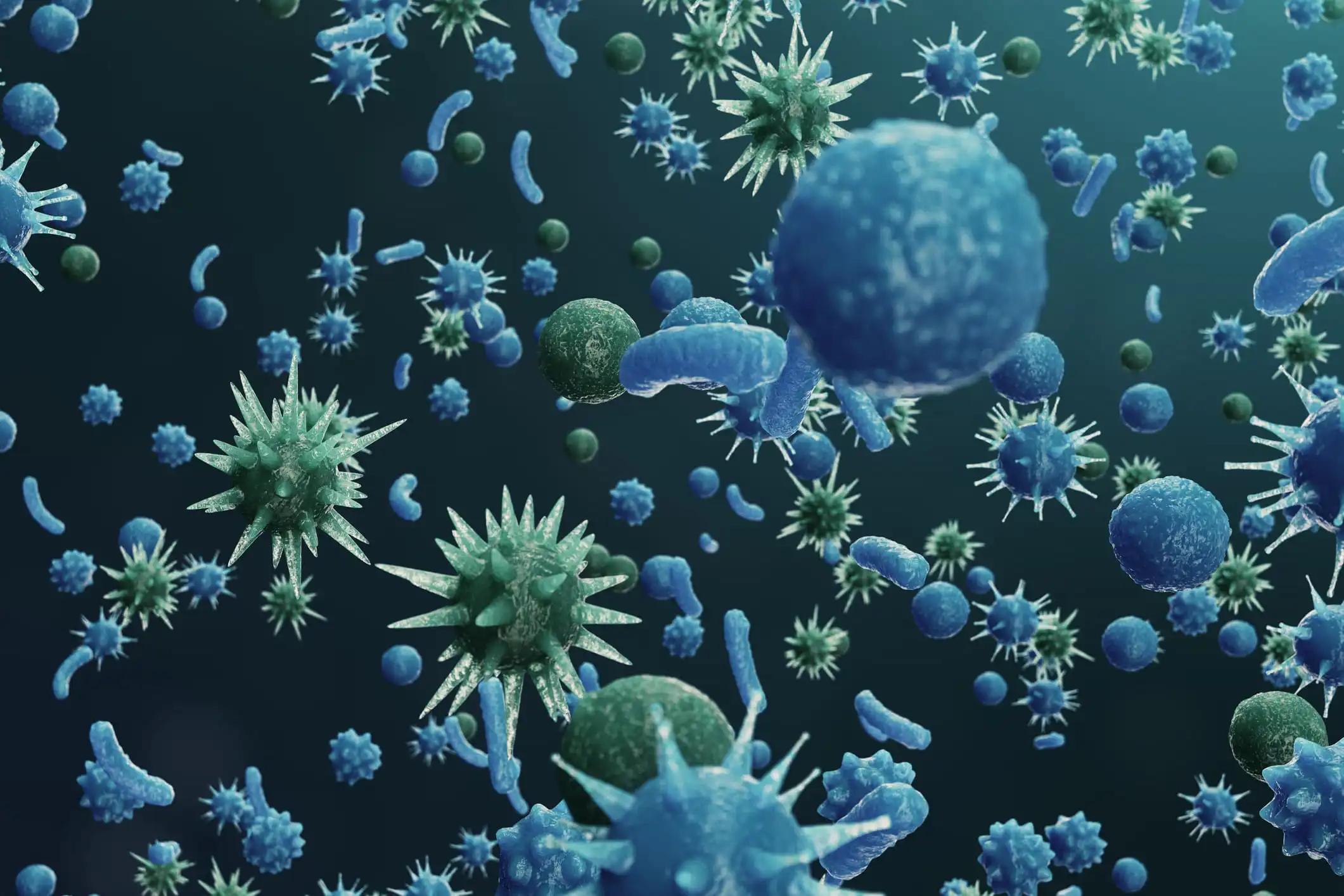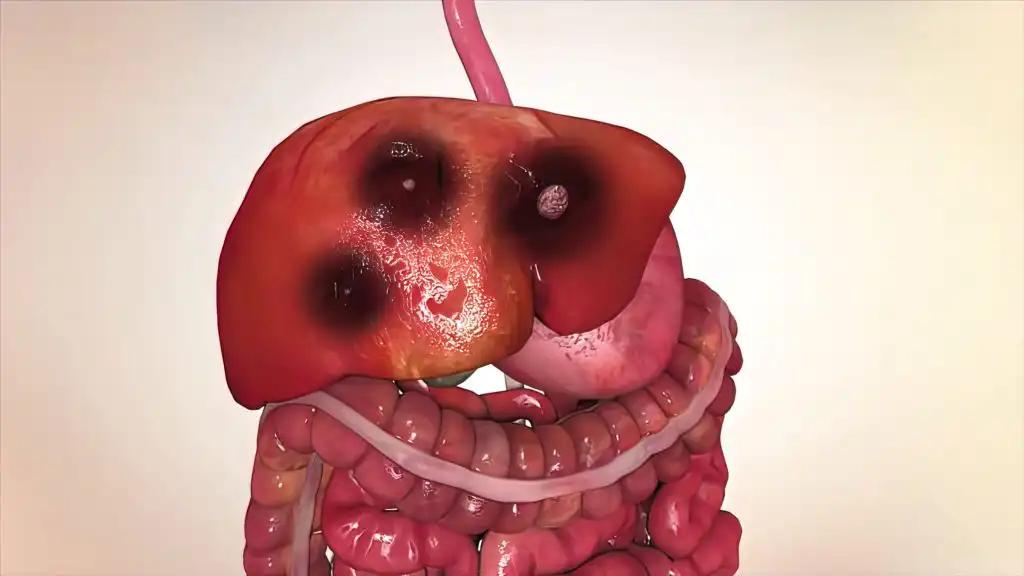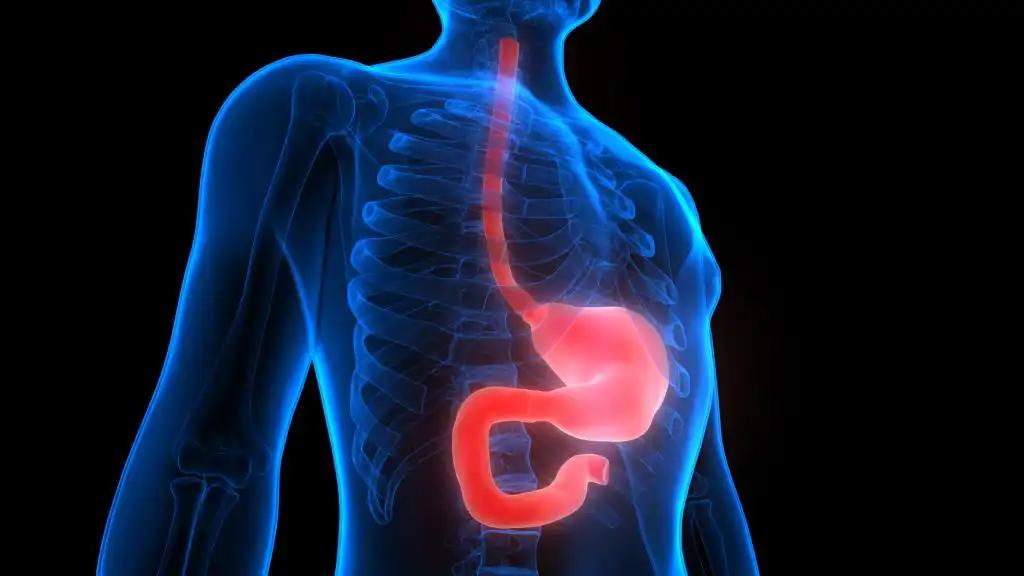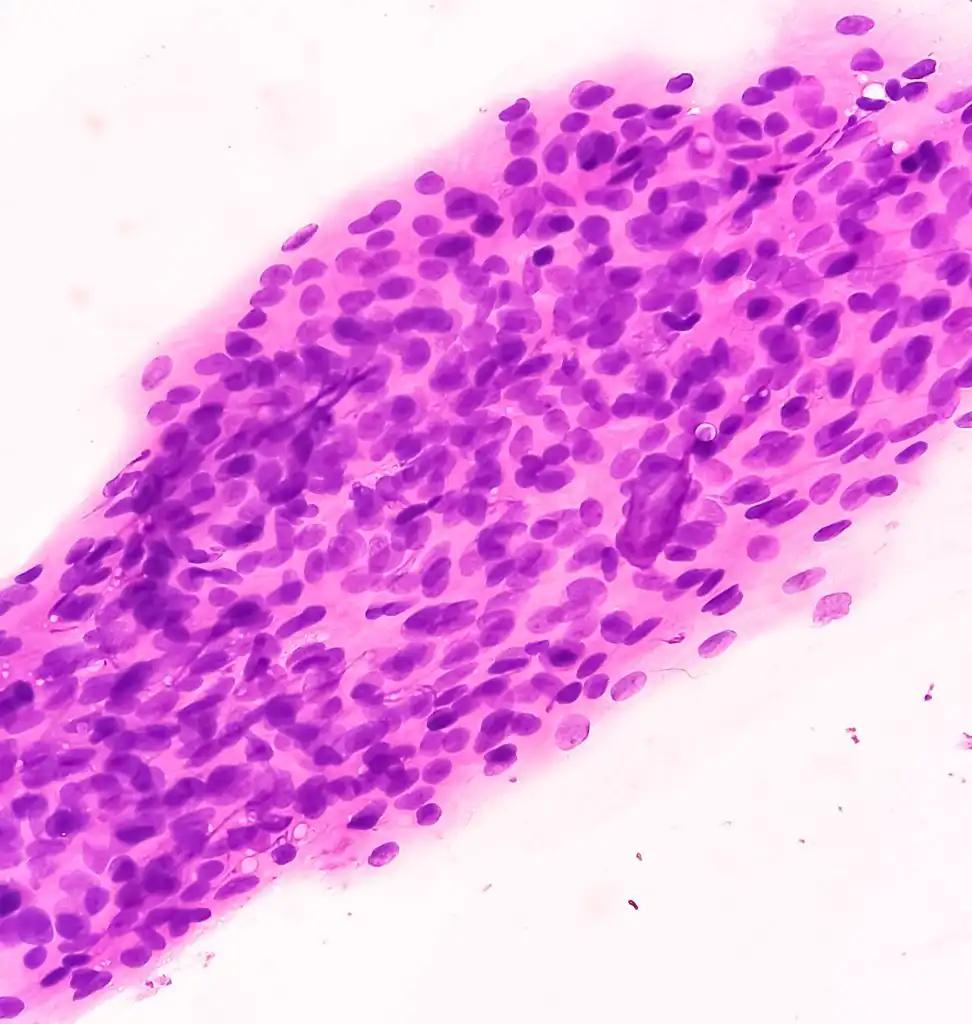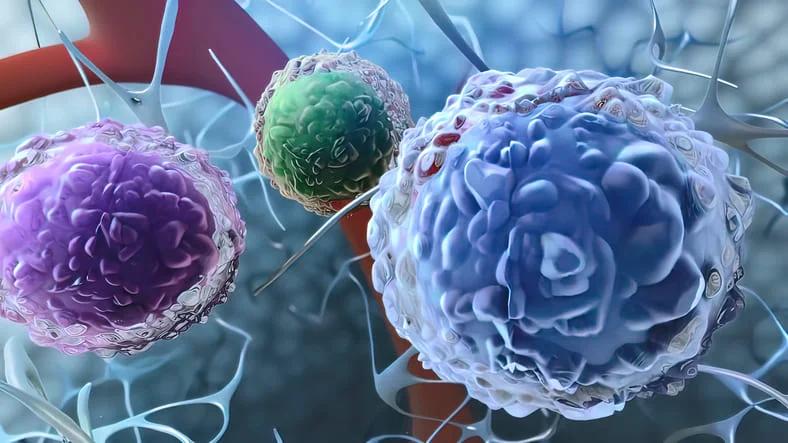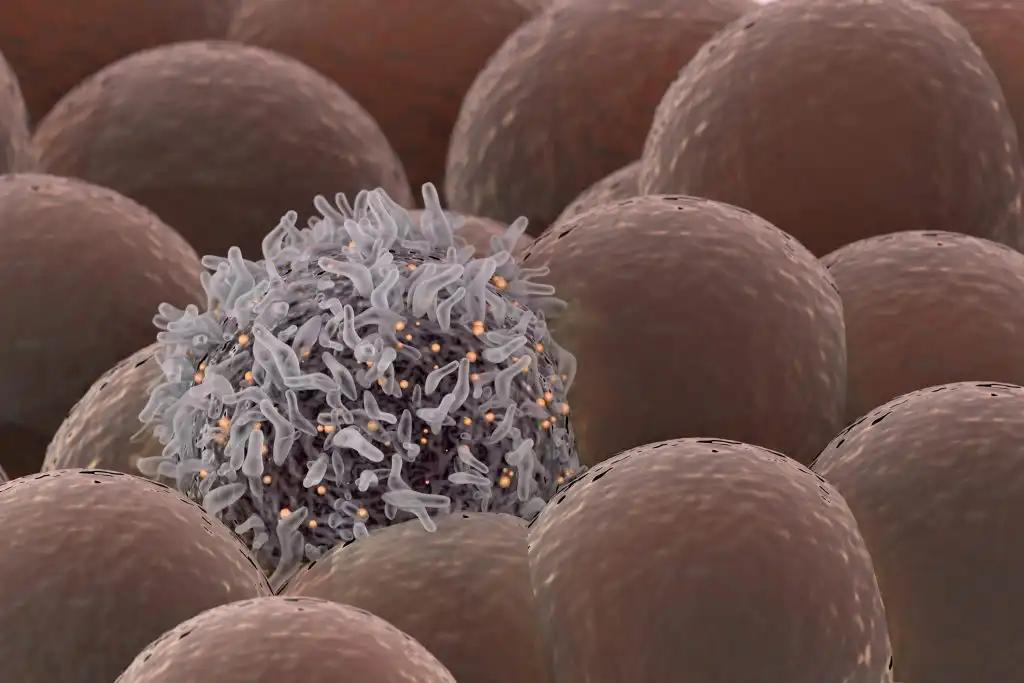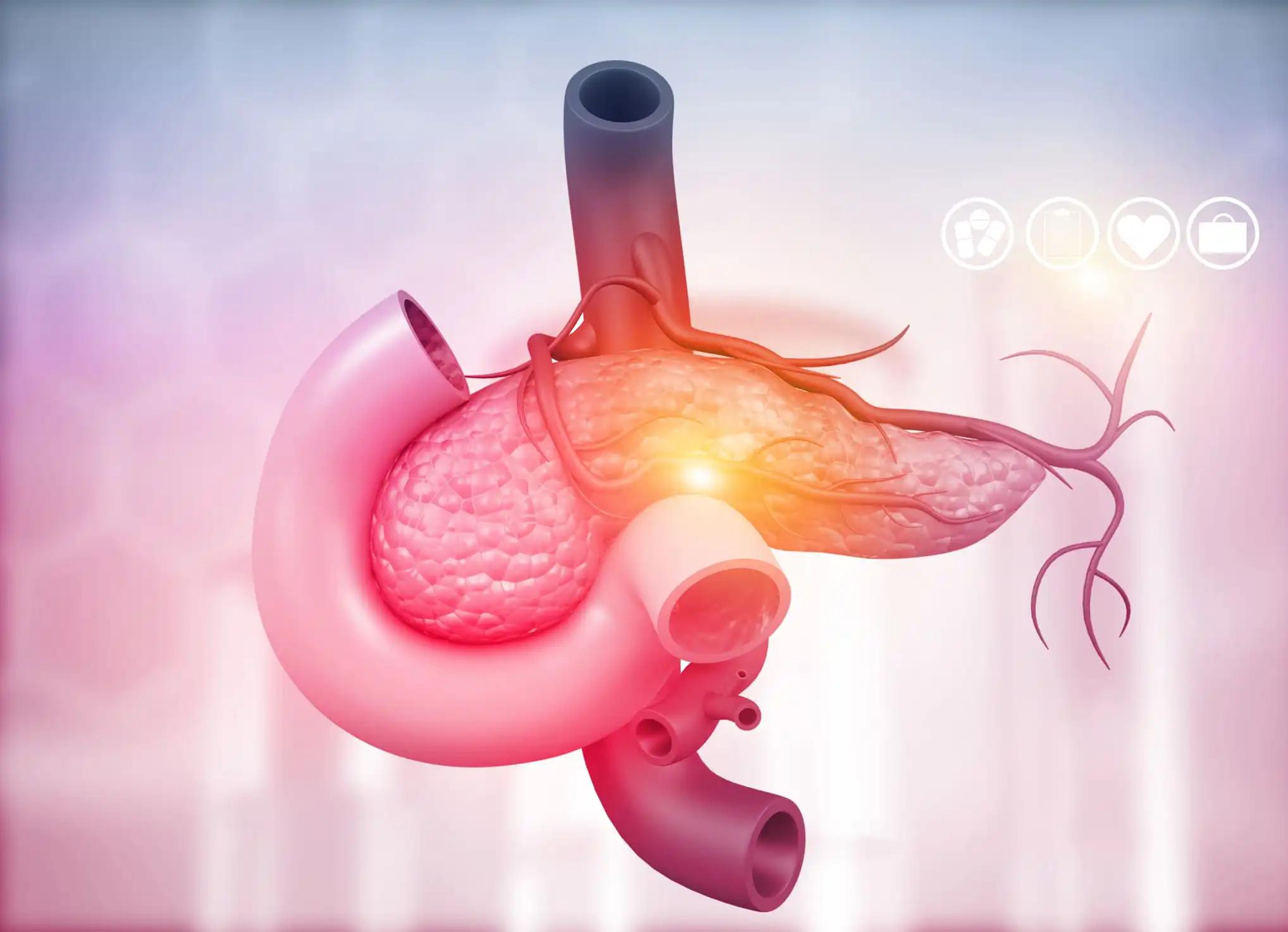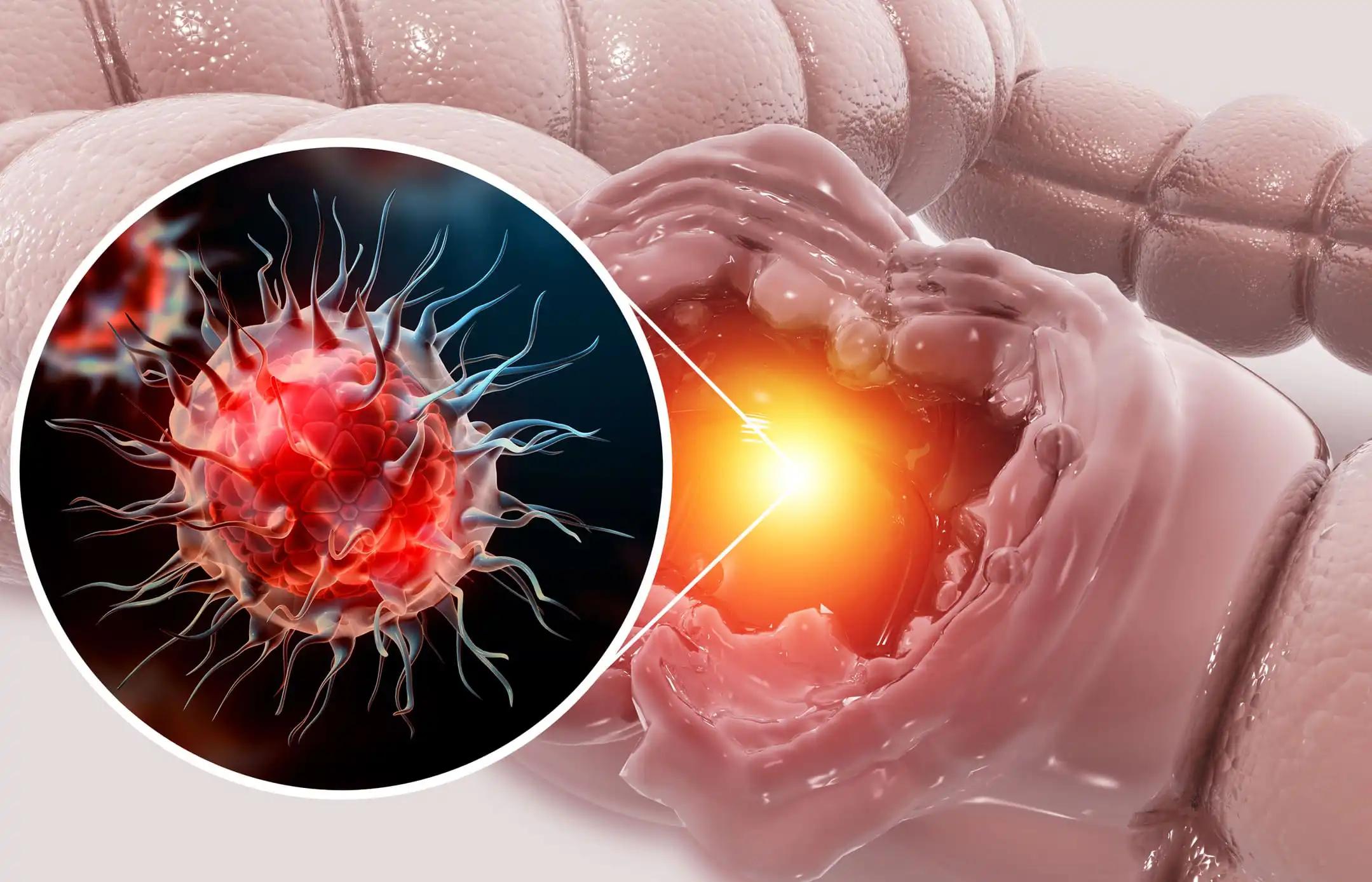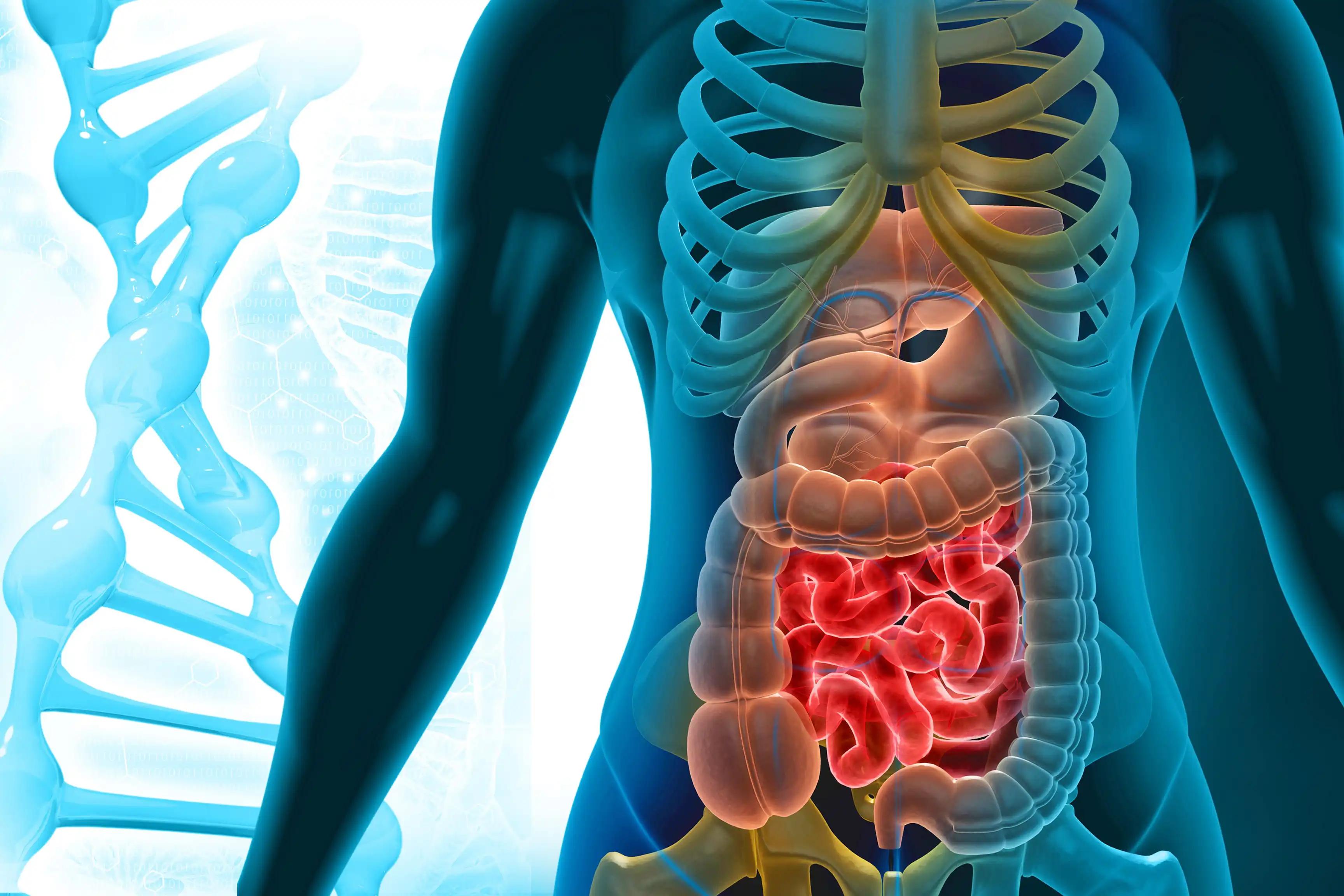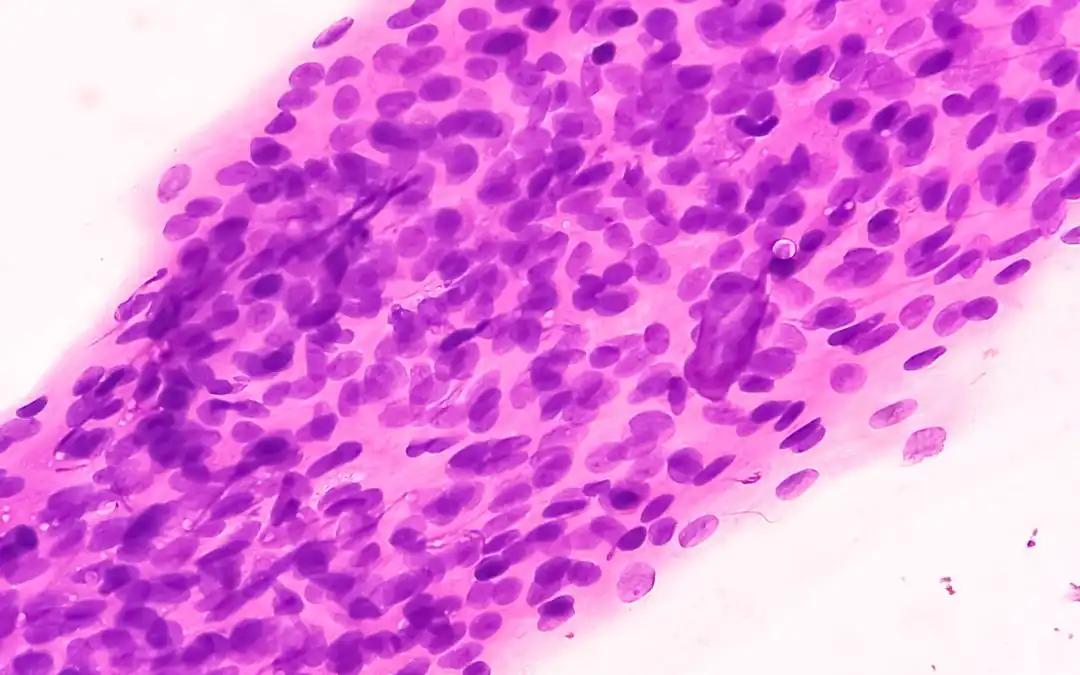Gastrointestinal Cancer
Relevant Articles About Research and Clinical Trials in Gastrointestinal Cancer
Stories to Watch
OncWeekly Featured Trials
LATEST
Sign up for our emails
Trusted insights straight to your inbox and get the latest updates from OncWeekly
Newsletter
Impact of LOT on QoL in PTS With FL: Real-World Data
KEY TAKEAWAYS The study aimed to investigate QoL in pts with FL by LOT using the real-world data. Researchers observed worse QoL at later LOTs in FL, European pts fared worse than US pts. Follicular lymphoma (FL) is a low-grade non-Hodgkin's lymphoma (NHL) subtype...
68GA-NOTA-XH05 for Targeting LAG-3 in Melanoma Imaging
KEY TAKEAWAYS The study aimed to evaluate the use of novel peptide-based PET tracer 68Ga-NOTA-XH05 in assessing LAG-3 expression in melanoma post-CpG oligonucleotide treatment. The study highlighted 68Ga-NOTA-XH05's potential in detecting LAG-3 and assessing...
Exploring SmCC of the Esophagus: A Center Review
KEY TAKEAWAYS The study aimed to investigate the clinical characteristics and outcomes of SmCC of the esophagus. Researchers noticed the need for collaborative studies to develop definitive management strategies for this rare esophageal cancer variant. Esophageal...
Long-term OS Benefits of STRIDE In Non-viral UHCC
The HIMALAYA phase 3 trial aimed to assess STRIDE’s efficacy in improving OS in non-viral etiologies of uHCC. The results revealed that STRIDE …
Radiomic and ctDNA Predict Survival in Patients With LARC
The study aimed to assess the complementary prognostic value of radiomic parameters and ctDNA status in pts wih LARC. The radiomic with post-NAT …
Predictive Role of SII in 177LU-Dotatate PRRT for NETs
The study aimed to investigate the prognostic value of SII and clinicopathological features in patients with NETs treated with 177Lu-Dotatate LU. Researchers noticed …
SELECT ONCOLOGY JOURNAL ARTICLES
Generation of non-genetically modified, CAR-like, NK cells
Background Natural killer (NK) cell therapy is considered an attractive and safe strategy for anticancer therapy. Nevertheless, when autologous or allogenic NK cells are used alone, the clinical benefit has been disappointing. This is partially due …
Pretreatment CT-based machine learning radiomics model predicts response in unresectable hepatocellular carcinoma treated with lenvatinib plus PD-1 inhibitors and interventional therapy
Background Lenvatinib plus PD-1 inhibitors and interventional (LPI) therapy have demonstrated promising treatment effects in unresectable hepatocellular carcinoma (HCC). However, biomarkers for predicting the response to LPI therapy remain to be further explored. We aimed to …
Novel insights into paclitaxels role on tumor-associated macrophages in enhancing PD-1 blockade in breast cancer treatment
Background Triple-negative breast cancer (TNBC) poses unique challenges due to its complex nature and the need for more effective treatments. Recent studies showed encouraging outcomes from combining paclitaxel (PTX) with programmed cell death protein-1 (PD-1) blockade …
Assessing the implications of sentinel lymph node removal in cervical cancer: an immunogenetic perspective - a SENTICOL ancillary study
Background Cervical cancer’s lymphatic spread primarily begins from the sentinel lymph nodes (SLNs), underlining their pivotal role in disease metastasis. However, these nodes’ immune gene expression profiles and immunoregulation mechanisms have yet to be explored. Methods Our study …


